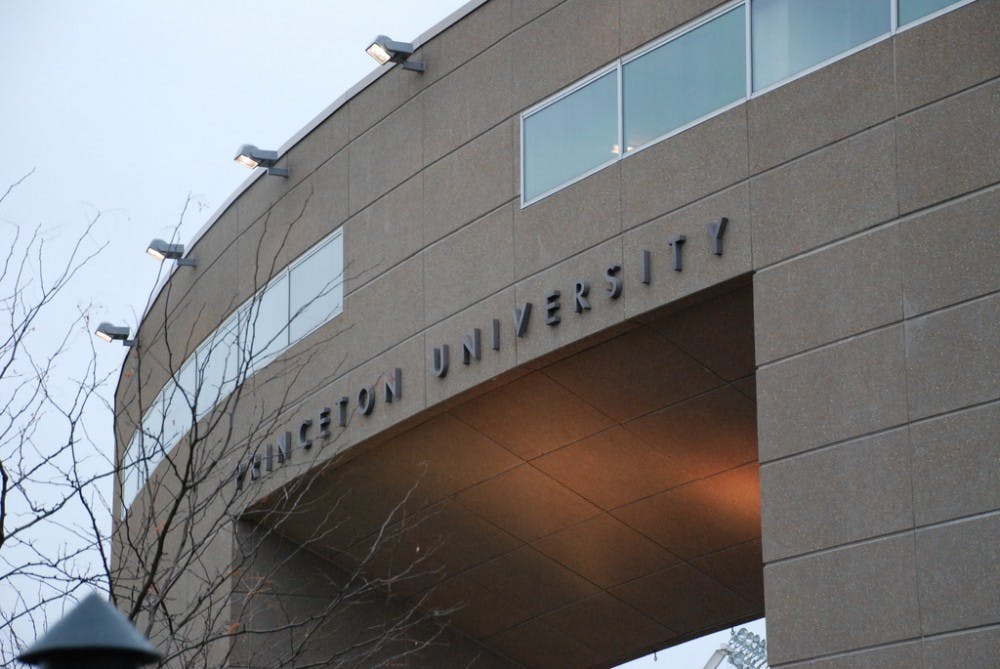A courtroom battle in Boston recently busted Harvard’s admissions process wide open. As the public awaits the judge’s decision on affirmative action, few have paid much attention to the leaks of the advantages beyond race that Harvard bestows upon high school seniors.
Athletes with the first or second highest academic ratings on the admissions scale have an 83 percent acceptance rate, the Harvard Crimson reported. Non-athletes of comparable ratings have a 16 percent chance at acceptance. Princeton likely has similar statistics.
Coaches can’t guarantee admissions to athletes. But the schools can send out Likely Letters months ahead of regular applicants. They say that “a candidate is ‘likely’ to be admitted,” according to the Ivy League’s website.
Ivy Coach, a private college consultant, said on its website, “a Likely Letter is the equivalent of an offer of admission.” While they’re not limited to athletic recruits, they undeniably play a significant role in securing their spots.
Former University President William Bowen GS ’58 concluded in “Reclaiming the Game: College Sports and Educational Values” that the Ivy League often lowers academic standards to recruit players.
Once on campus, he found that athletes lag behind their peers in classes and focus on sports at the expense of other college opportunities. “Many students not admitted clearly could have used these resources to [a] much fuller advantage,'' he wrote.
Some of my friends who are recruited athletes have told me that they avoided particular classes or challenging concentrations because they would interfere with their sports schedules. They felt that Princeton let them in on their physical skills first and academics second, so they reasoned that they should fulfill their obligation to the former.
If I were in their shoes, I’d do the same. Passing up a game to study my own interests would seem selfish if the Tigers were expecting my skills to help them beat the Yale Bulldogs.
But this response raises the bigger question as to why the Ivy League values athletes in the first place. In other words: What makes athletics so special — more than any other extracurricular activity — that it deserves special admissions procedures?
“Collegiate athletics throughout the country teach athletes valuable life skills, and most importantly, add a whole new dimension to student bodies,” a Princetonian writer once argued. He himself was a walk-on water polo player. It’s the typical defense that players and coaches give whenever someone questions sports.
In the writer’s view, balancing world-class academics with world-class athletics was impressive. He continued, “perhaps athletes might get by with a lower academic record, but this is designed to acknowledge that playing sports at a high enough level to be recruited will detract from time spent doing homework and studying for tests.”
Yes, that is extraordinary. But all of what dancers do or balance is equally extraordinary. And quizbowlers. And community volunteers. I know debaters who spend about the same amount of time preparing for top tournaments as athletes in their daily practices.

None of them were held to lower academic standards. They didn’t receive ingrained advantages for their extracurricular activities in admissions — at least not publicly. Nor should they. By creating a recruitment process, the Ivy League is making a value judgement on pastimes.
“I can guarantee that all of our students are held to an equal standard,” President Chris Eisgruber told “CBS This Morning” last year. “It’s tough to get into Princeton. It’s tough to get into our other Ivy colleges, regardless of what group you’re from. But everybody gets a fair shake.”
Oh really? Anyone who doubts that athletes get a significantly advantaged shake should look to the recent college admissions scandal.
America’s wealthiest parents bought athletic preferences at elite schools — including Yale — for their children. Clearly, this status holds sway in admissions unlike all else. The parents didn’t seek music, speech, or underwater basket weaving preferences.
Ending recruitment won’t kill athletics. I’m currently studying abroad at Oxford, and there’s a vibrant sporting culture here, despite the school’s lack of recruitment. If I asked random students on High Street how their college’s team is doing in rowing or rugby, I’d be more likely to get a detailed response from them than by asking Princeton students about their football team.
Oxford admits everyone on their academic talents. It has still attracted Olympians, and I’ve met some people who will one day join their ranks. The British have a system that creates athletic opportunity — accessible to all — but reminds undergraduates that they’re students first. We should learn from them.
The spirit of amateurism that the Ivy League claims to uphold ought to be vested in walk-on club sports, not recruited varsity teams. Maybe then we can put the “student” back in the phrase “student-athlete.”
Liam O’Connor is a junior geosciences major from Wyoming, Del. He can be reached at lpo@princeton.edu.








